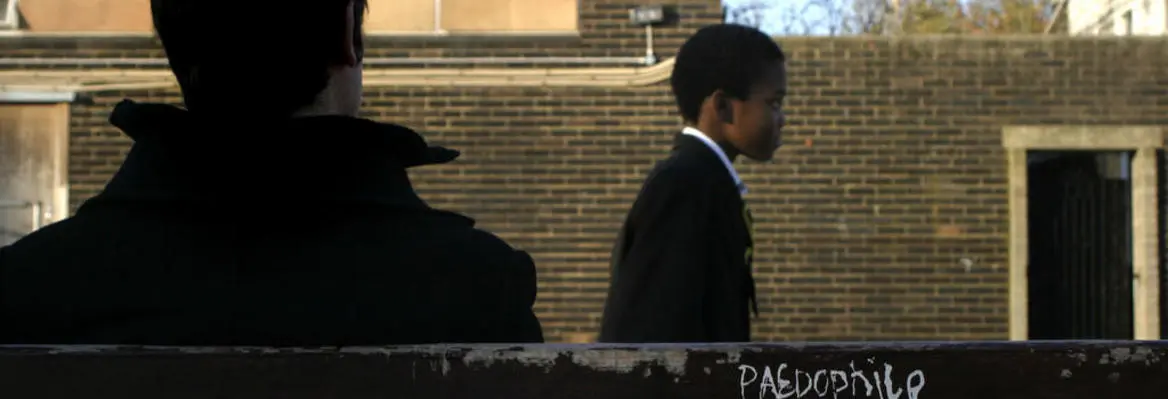If research is right, 20% of men are capable of feeling sexual arousal to children below the legal age of consent. That is an eye-opening statistic. One in five men: in this country, that's around six million men.
This claim is backed up by eight different studies conducted between 1970 and 2006 in Europe and North America, using questionnaires and a “strain gauge” to measure “physical response”, for example to pictures or audiotaped sexual stories. The research found a significant proportion of the men in their studies – ranging between 17 and 58% – showed sexual arousal to children under the age of twelve. It is important to point out that these studies were all relatively small samples and I don't know how robustly they were designed and conducted, but they still suggest there is an important truth here that we need to learn much more about. The most important points, for me, are firstly that it seems pretty clear that most men with a sexual attraction to children, including those who go on to sexually abuse children, are not in prison but out in the community. And, secondly, that you probably know some of them.
So what is the impact? Again, here are some more eye-opening statistics. The NSPCC tells us that one in twenty children has experienced contact sexual abuse. That's a conservative figure. Recent research by the University of Bedfordshire has found that between 87% and 95% of children who are sexually abused do not report it to an adult at the time. Very slowly, as they grow up, they may tell, perhaps decades later, perhaps never. So it's very hard to know exactly how many people have been abused. The Lantern Project recently estimated that over 11 million people are survivors of child sexual abuse in Britain today (out of a total population of 64 million). That's a lot of people living with the after-effects of these experiences.
An overview of research in 2000 found that a likely figure is that one in six of our children will experience sexual abuse. That's somewhere in the region of one in four of our girls, one in eight of our boys. This is serious, and I hope you really get exactly how serious. If we accept the finding (broadly accepted by the Government, child protection charities, and the World Health Organisation) that “one in six children are sexually abused”, it lends weight to the statistic at the beginning of this article, that one in five men are capable of finding children sexually attractive. We thought it was only “evil paedos”, those “sick monsters” over there, who found our kids sexually arousing. No, it's one in five of all men, it seems. That may stop us in our tracks but it does help to make sense of the epidemic levels of child sexual abuse we are having to come to terms with. For that many children to be abused, quite a lot of adults (and the figures suggest primarily men) would have to be abusers.















Join the conversation